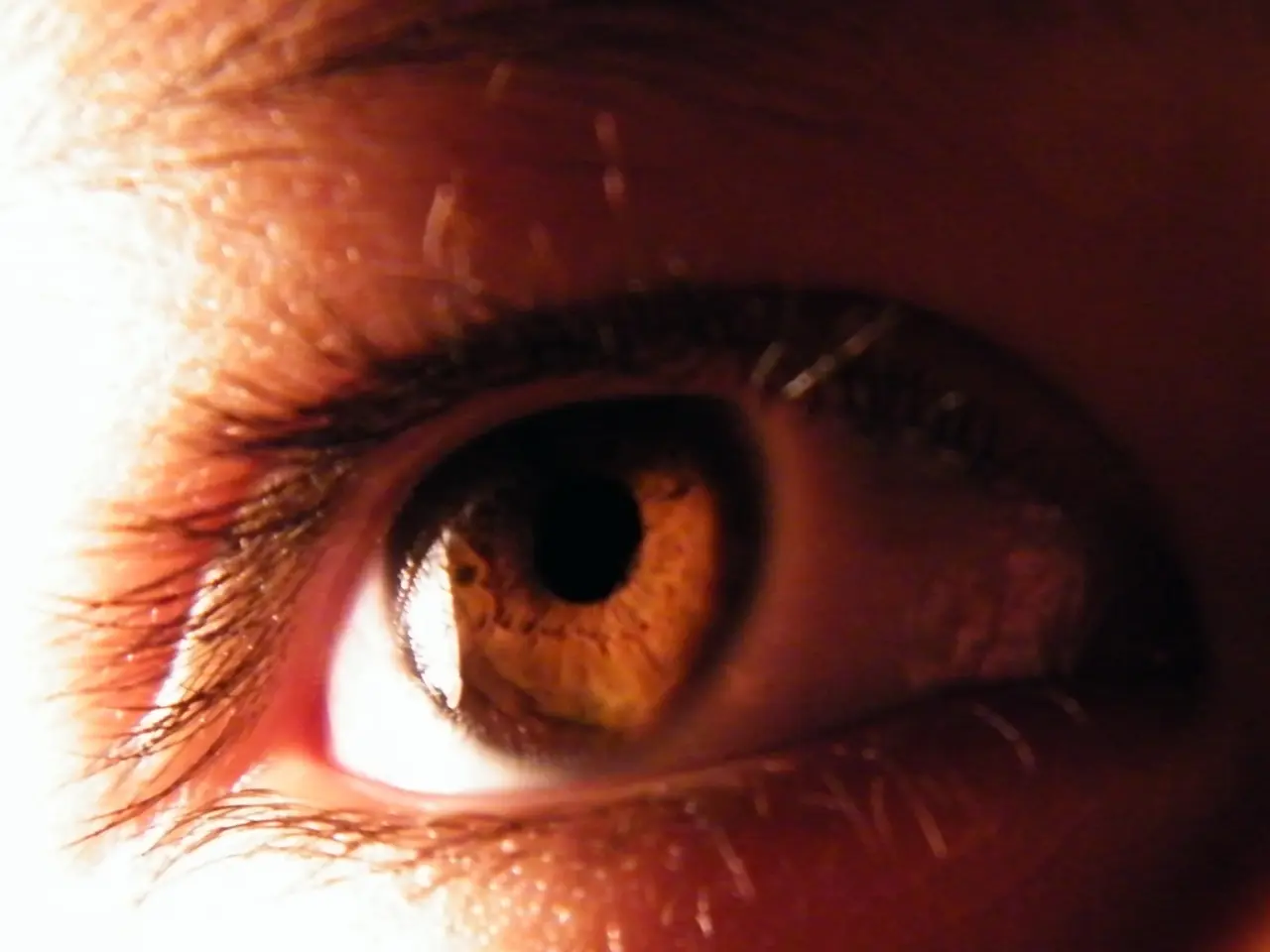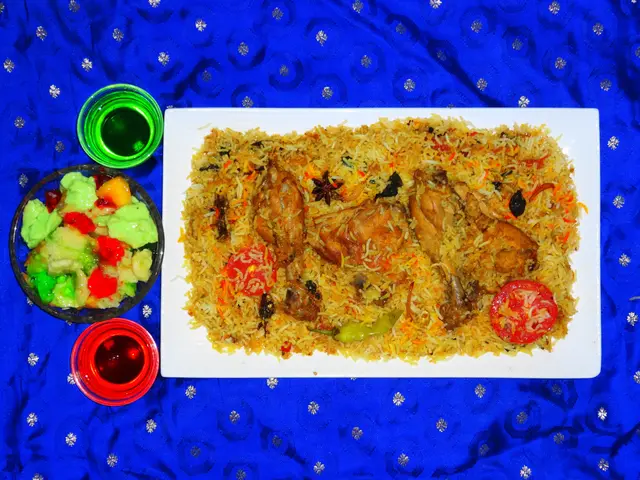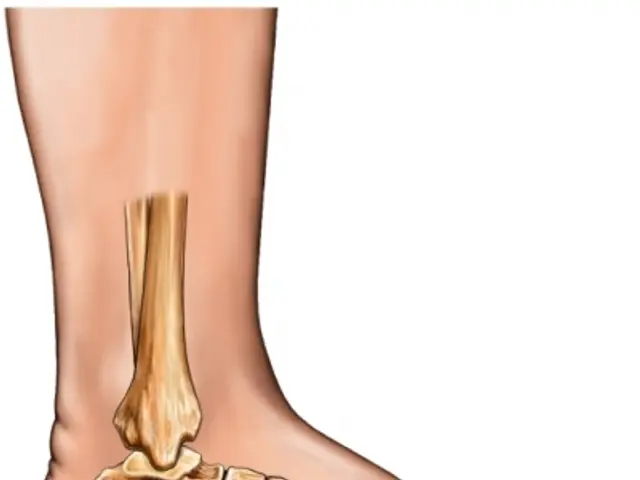Achieve Clarity in Your Complexion: Employ These 3 Effortless Tricks
In the pursuit of clearer and smoother skin, understanding the various factors that contribute to acne is essential. Cutis Laser Clinics, a renowned aesthetic clinic based in Singapore, provides a comprehensive approach to acne management, combining dietary adjustments, proper skin care, and medical treatments tailored to individual needs.
Dietary Adjustments
A low-glycemic diet, which reduces intake of high-glycemic foods like refined sugars and processed carbs, can help decrease acne lesions by lowering insulin spikes that may trigger acne. Additionally, switching to alternatives like pea or hemp protein or opting for whey isolate instead of regular whey protein may help reduce breakouts. Increasing omega-3 and omega-6 fatty acids intake through foods like fish, avocados, and flaxseed supports better skin health and helps manage inflammation associated with acne.
On the other hand, avoiding highly-processed, high glycemic index foods, high sugar content foods, fatty, processed, and fried foods, and most dairy products can help manage acne and skin imperfections.
Skin Care
Cleansing and exfoliation are crucial for acne-prone skin. Non-comedogenic cleansers containing salicylic acid or benzoyl peroxide help unclog pores, remove dead cells, and reduce bacteria. Alpha hydroxy acids (AHAs) like glycolic or lactic acid help exfoliate and keep pores clear, suitable for adult acne management. Moisturizing is also important for maintaining the skin barrier; choose oil-free options with ceramides to avoid dryness caused by acne treatments.
Avoid heavy or oily cosmetics, and ensure to remove makeup before bed. Minimize bacterial contamination and pore blockage by using mild cleansers and avoiding touching the face. Sulfur-containing products can help reduce acne-causing bacteria and inflammation.
Treatment Interventions
Topical treatments such as prescription retinoids, benzoyl peroxide, salicylic acid, and antibiotics help unclog pores, kill bacteria, and reduce inflammation. For moderate to severe acne, oral antibiotics, hormonal therapy, or isotretinoin may be prescribed.
Professional procedures like microneedling, chemical peels, platelet-rich plasma (PRP) treatments, and laser therapy can reduce active acne, scarring, and inflammation while promoting skin healing. Scar treatments such as dermabrasion, microdermabrasion, skin fillers, and laser treatments can help smooth acne scars.
Prevention and Additional Tips
Early treatment is vital to prevent scarring and hyperpigmentation. Avoid picking or squeezing pimples to reduce the risk of permanent scarring or infection. Regular showering, especially after sweating, using acne-specific body washes with salicylic acid or benzoyl peroxide, can help manage body acne.
Consulting a dermatologist is recommended to tailor treatment based on individual needs and acne severity. At Cutis Laser Clinics, Dr. Sylvia Ramirez, a Harvard-trained aesthetic doctor, is ready to help. You can schedule a consultation by contacting Cutis Laser Clinics at 65-6801-4000 or visiting their website.
The clinic's address is 9 Scotts Road Pacific Plaza, Scotts Medical Center #08-07, Singapore - 228210. They offer treatments such as the Clarifying Facial, which removes dead skin cells and impurities, the Skin Resurfacing procedure, which safely removes damaged layers and allows skin to build a protective dressing, and the Laser Genesis treatment, which effectively treats fine lines, wrinkles, uneven skin texture, and shrinks large facial pores. The Photo Facial treatment deals with redness, sun damage, and skin pigmentation.
Maintaining a healthy diet rich in fruits, vegetables, whole grains, lean protein, and certain foods like leafy greens, dark red and orange veggies, fruits rich in Vitamin C, probiotics, Omega 3s, almonds, sunflower seeds, and lots of water can help reduce acne and skin imperfections. Probiotics like yogurt, kefir, sauerkraut, miso soup, and pickles can be beneficial for skin health.
Together, these approaches—diet modification, consistent skin care using appropriate non-comedogenic products, and personalized medical treatments—constitute an effective strategy for managing acne.
Maintaining a healthy diet, rich in nutrition such as fruits, vegetables, whole grains, lean protein, and probiotics, can help decrease acne lesions by promoting overall skin health and managing inflammation associated with acne. Adopting a low-glycemic diet, which reduces the intake of high-glycemic foods, may also help in this regard, while avoiding high sugar content foods, highly-processed and fried foods, and most dairy products can help manage acne and skin imperfections.






